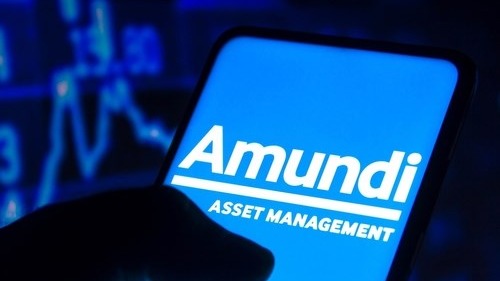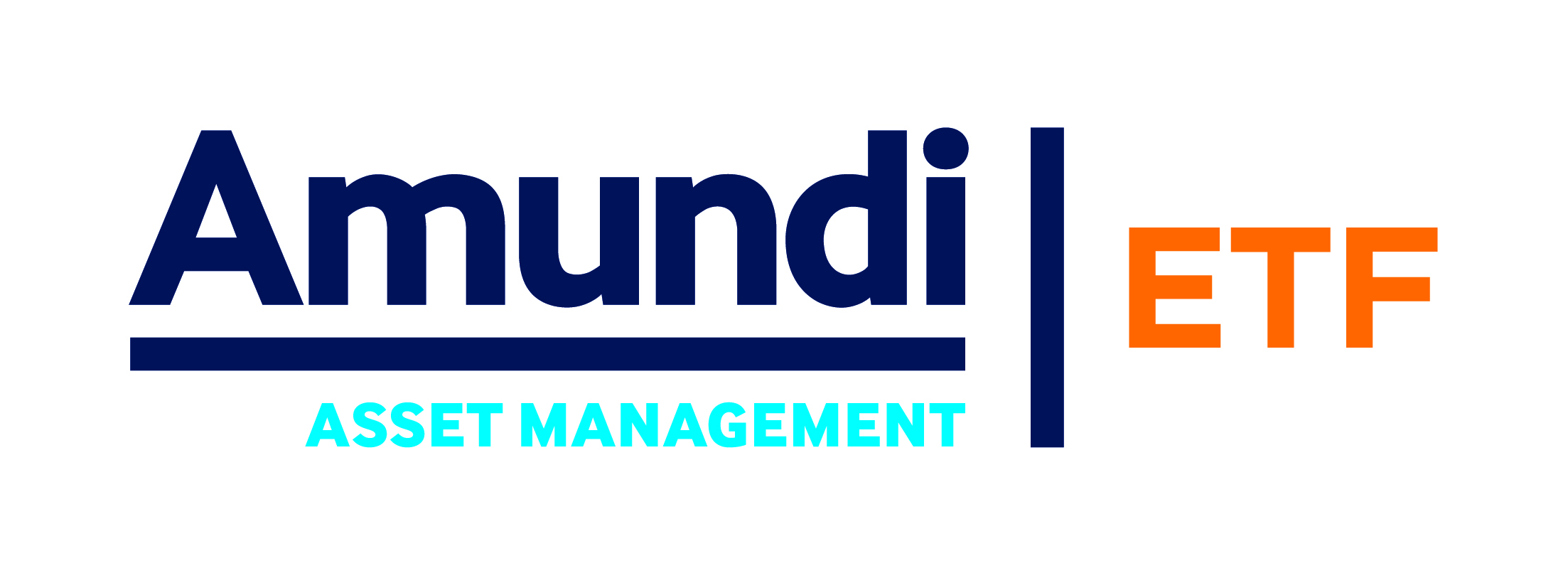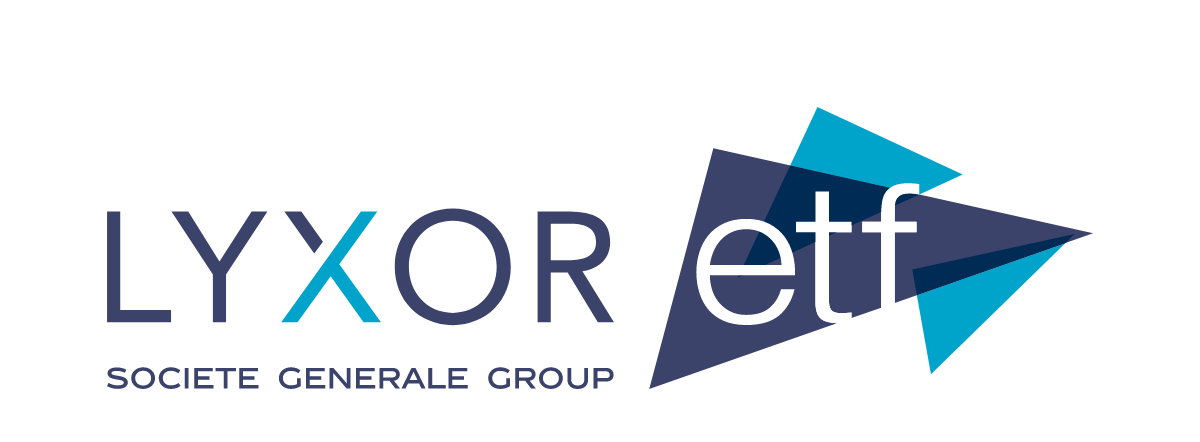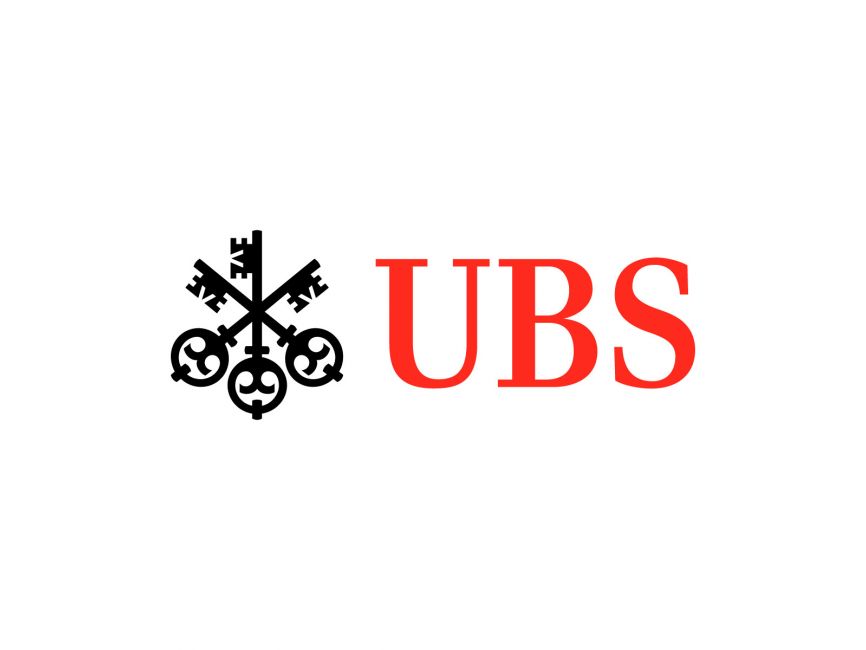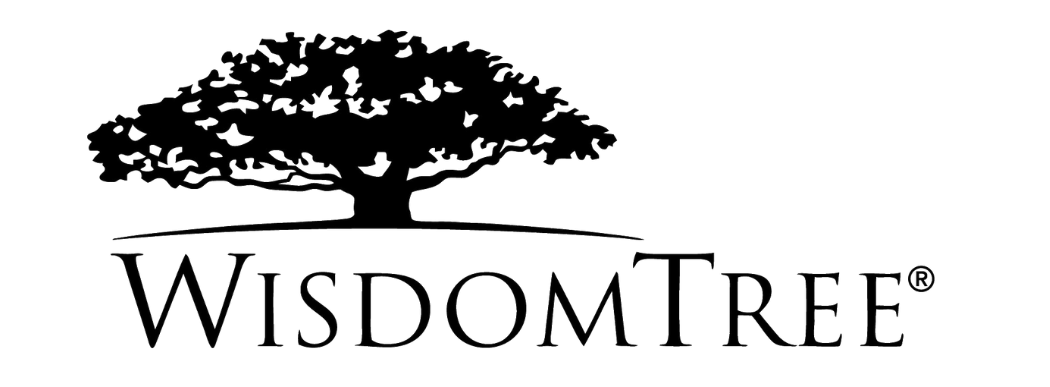Amundi successfully extended its lead over DWS in the European ETF issuer rankings in Q1 following its €825m acquisition of Lyxor.
Starting the year with a combined roster of more than 300 products and a 13.4% stake in European ETFs, Amundi booked an impressive €9.2bn inflows in the first quarter, taking its assets under management (AUM) to €191.8bn, according to data from Bloomberg Intelligence.
The French giant’s haul of new money far outstripped that of German rival firm DWS which amassed just €369m in assets, taking its AUM to €149.9bn.
The gap between the two issuer’s European ETF market shares widened by almost half a percent during the quarter, with Amundi now at 13.5% while DWS fell from 10.9% to 10.6%.
Despite its rosy start to the year, Amundi may yet face teething issues as it looks to integrate Lyxor’s ETF line-up with its own.
Jose Garcia-Zarate, associate director of passive strategies research at Morningstar, said: “We expect a realignment of the Amundi/Lyxor product line-up which will likely entail the merger of duplicate offerings.
“However, Amundi may keep some duplicate ETFs for specific market exposures to give investors the choice between physical and synthetic replication.”
Last summer, there were at least 14 indices being tracked by at least four Amundi-Lyxor products apiece, with these products accounting for a third of the combined firm’s assets.
Conveniently, both Amundi’s and Lyxor’s assets happen to be in France and Luxembourg – and the end result of a consolidated product range could mean Amundi benefits from economies of scale, deeper liquidity, better distribution and the ability to lower fees in the long-term.
“The key growth focus of Amundi is the expansion of its ESG footprint, so we expect to see more mainstream ETFs to be transformed into ESG products with a change of benchmarks,” Garcia-Zarate added.
In fact, Amundi CEO Valérie Baudson announced last December the firm intends to almost double the size of its ESG ETFs to make up 40% of its product range by 2025.
At the other end of the spectrum, WisdomTree and UBS Asset Management faced a torrid start to the year, with the issuers booking outflows of €1.2bn and €741m, respectively, in Q1.
Particularly notable were the exoduses from the WisdomTree WTI Crude Oil ETP (CRUD) and the WisdomTree Physical Swiss Gold ETC (SGBS), which saw $861m and $661m depart.
All these movements aside, the dominant force in European ETFs, BlackRock, maintained its considerable advantage in the early stages of 2022.
Larry Fink’s behemothic asset manager added €19.7bn in new assets in the first three months of the year, taking its market share to 43.5% and its AUM to €619.7bn – more than three times the size of Amundi.
Reflecting on Q1, Athanasios Psarofagis, ETF analyst at Bloomberg Intelligence, said: “The BlackRock dominance keeps growing. WisdomTree will ebb and flow with commodities but in Q1 it took it on the chin with some recent nickel closures.”
Related articles
